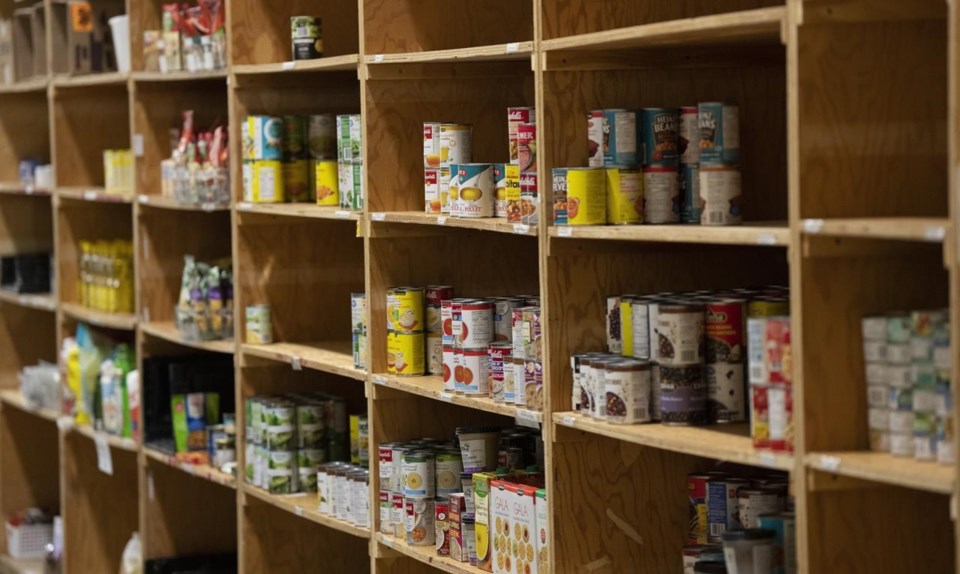ST. JOHN'S, N.L. — Nearly a third of seniors in Canada's easternmost province can't afford basic necessities, including food, rent and medical supplies, a report by Newfoundland and Labrador's seniors' advocate has found.
The report released Tuesday — titled "What Golden Years?" — says seniors are struggling with homelessness and hunger in a province experiencing some of the most swiftly climbing rent prices in the country. Advocate Susan Walsh writes that she and her team encountered seniors who were unhoused for the first time in their lives because they were evicted suddenly without reason, and they couldn't afford rent at a new location.
"They are devastated," Walsh writes in her report. "They cannot understand how such a thing could happen at this point in their lives and they are ill equipped to do anything about it."
The research is based on 17 in-person and online sessions with seniors across the province, and an online survey completed by nearly 1,100 people. Newfoundland and Labrador is home to about 530,000 people.
Walsh's report outlines dire statistics about seniors in the province, including that it has the highest rate of residents aged 65 and older using food banks in the country. It also cites Statistics Canada figures showing rent had increased in the province by an average of 8.4 per cent in August compared to the year before. That was the second-highest climb behind Nova Scotia, which saw a 9.5-per-cent increase.
Of the 32 per cent of seniors in Newfoundland and Labrador who said their incomes weren't high enough to cover all their basic needs, 40 per cent couldn't afford enough food, the report says.
Seniors have trouble getting to food banks, it says, noting that transportation is a challenge, especially in areas outside the capital of St. John's where bus service is lacking. "Often this resulted in many seniors existing on toast and tea," Walsh writes.
About 49 per cent of those struggling to make ends meet blamed the rising cost of living, while 39 per cent pointed to "insufficient provincial and federal benefits and pension income."
The report is careful to note that even seniors with incomes above established poverty thresholds were among the 32 per cent who said they couldn't afford basics. It says that only 14 per cent of the overall respondents said they received the federal Guaranteed Income Supplement, which is provided to seniors with incomes of about $21,000 a year or less.
Walsh recommends the provincial government index its seniors benefit to the cost of living, and that it allow seniors to keep more of it if their incomes increase.
Her report also says seniors are "very likely" to be forced into long-term care facilities because they can't afford the cost of home care. She recommends that the government automatically cover home-care costs for seniors living below certain income thresholds.
The report comes nearly a week after the Newfoundland and Labrador government unveiled a swath of poverty-reduction policies, which include a basic income program for residents aged 60 to 64 who use the province's social assistance programs.
In a press release, Paul Pike, the minister of children, seniors and social development, pointed to the basic income project as an example of measures the province has announced to lift seniors out of poverty.
"In the coming months we will release a dedicated poverty reduction plan for seniors," Pike said in the release. "This will complement the many programs that are already in place."
This report by The Canadian Press was first published Nov. 14, 2023.
Sarah Smellie, The Canadian Press




